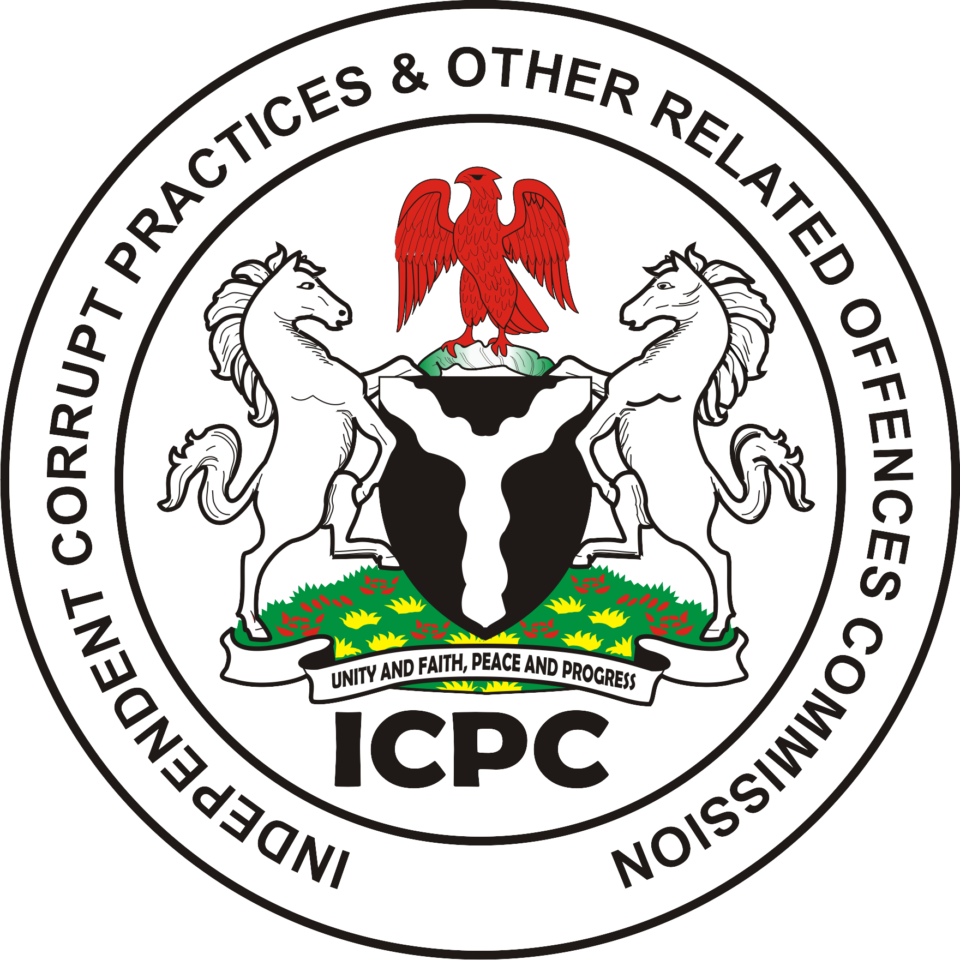From Anthony Nwachukwu, Lagos
Towards strengthening the fight against corruption in the country, the Chairman of the Board of Nigeria Deposit Insurance Corporation (NDIC), Mrs. Ronke Sokefun, has called for stronger collaboration on the implementation of the National Anti-Corruption Strategy (NACS).
She noted that collaboration, through effective sensitisation on components of NACS, particularly the National Ethics & Integrity Policy and the Freedom of Information Act, would enhance the buy-in and ownership of the anti-corruption campaign among top echelons of government agencies.
Sokefun, who spoke in Abuja at a sensitisation seminar for the NDIC board and management, facilitated by the NACS secretariat, assured of the total commitment of the board and management of NDIC to sound corporate governance, according to a statement by Director, Communication & Public Affairs Department, Bashir A. Nuhu.
Represented by the NDIC Executive Director (Operations), Mustapha M. Ibrahim, she stressed that the drive towards deepening anti-corruption practices in the corporation informed the invitation of the NACS secretariat to host the seminar.
According to her, though NDIC had always strived to uphold the core values of integrity and professionalism in the discharge of its mandate, it would always be a welcome development to learn new and better ways of enhancing the anti-corruption campaign through the instrumentality of the NACS.
In his presentation on the National Ethics and Integrity Policy, the Deputy Director, Public Institutions Ethics & Values of the Independent Corrupt Practices and Other Related Offences Commission (ICPC), Mr. John Ode, commended the NDIC Board as the first institution in public and private sectors to accept and also take the NACS sensitisation to the board level.
According to him, the collaboration with NACS and the emergence of NDIC as overall best agency in the 2021 ICPC Ethics & Integrity Scorecard among over 300 public institutions were testament to its commitment to mainstreaming anti-corruption policies and practices into its operations.
Ode noted that the NDIC Anti-Corruption Unit (ACTU) was the most active among other public institutions and charged the corporation to further imprint its anti-corruption campaign messages on all its communication channels as a way of reinforcing the conduct of staff.



